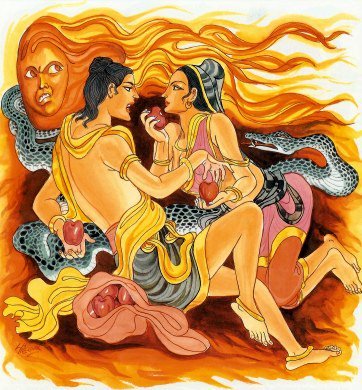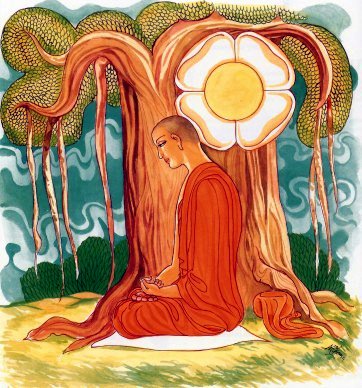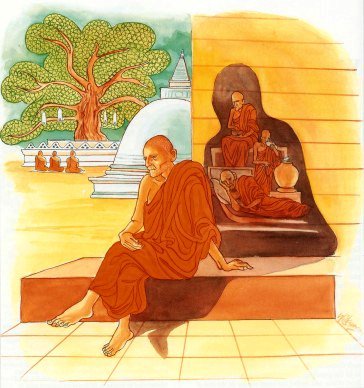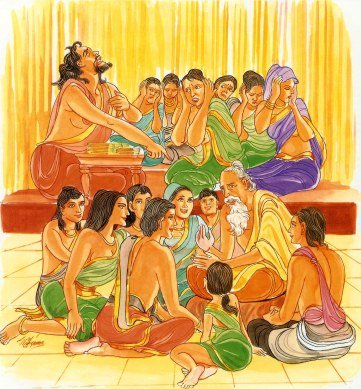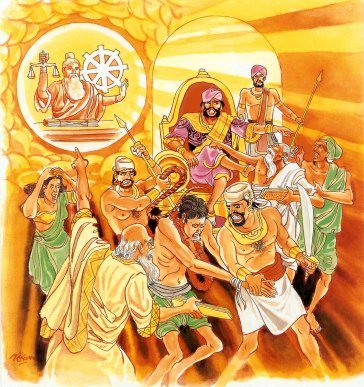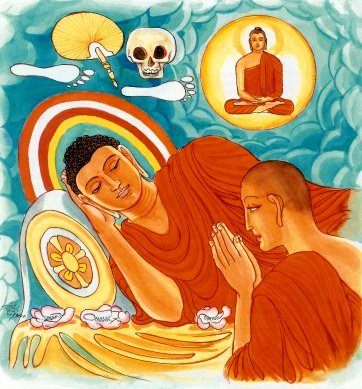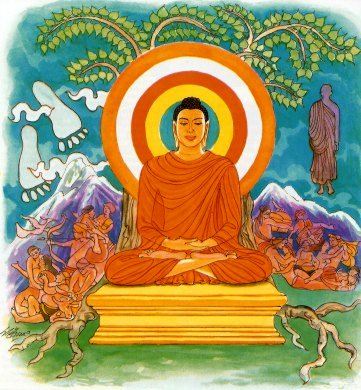But ‘beautiful’ is called that one
in whom these are completely shed,
uprooted, utterly destroyed,
a wise one purged of hate.
Explanation: If an individual has uprooted and eradicated all these evils and has got rid of blemishes, such a person is truly an acceptable person. Continue reading “Verse 263. Who Uproots Evil Is The Virtuous One”


